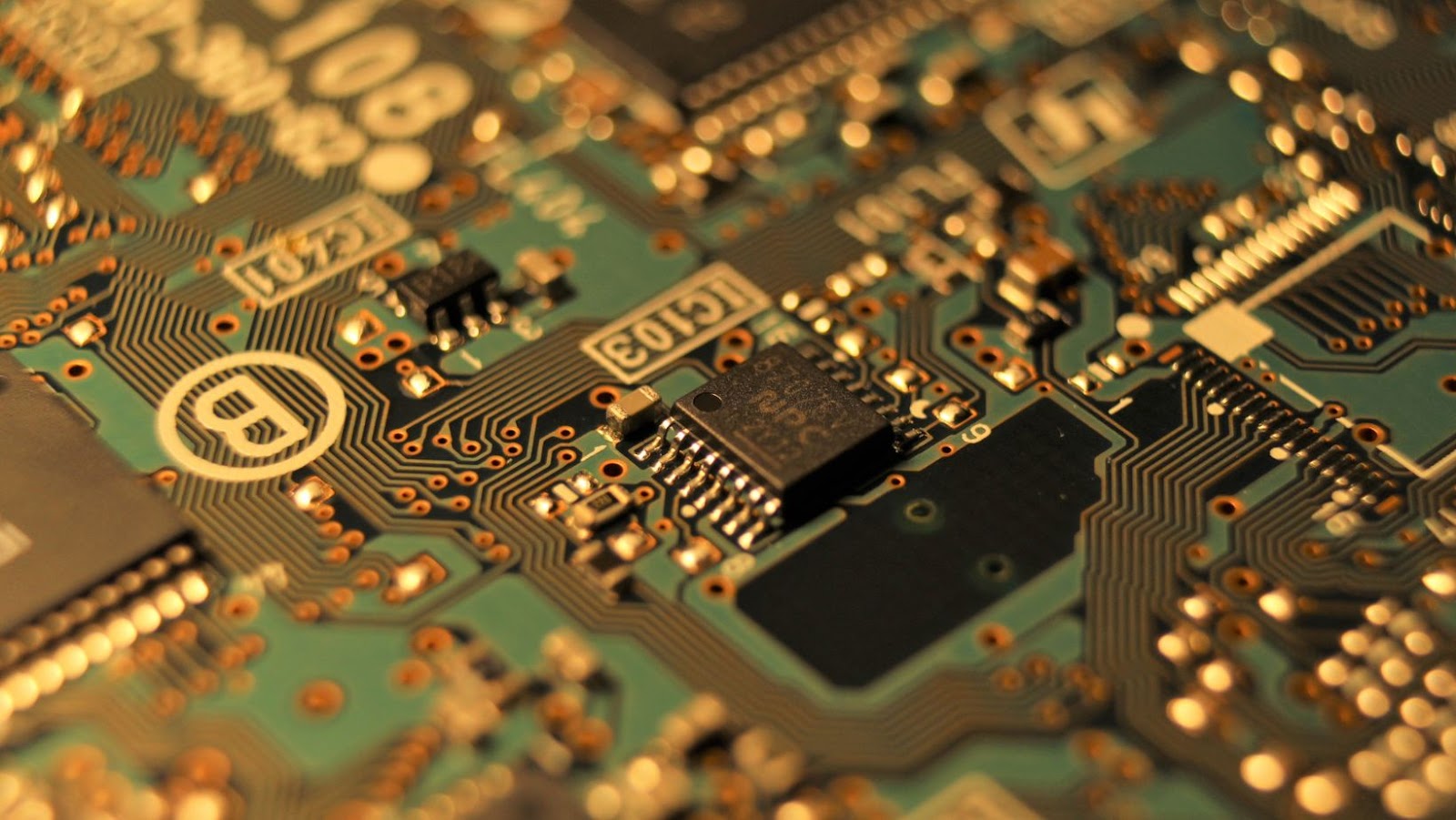
Has NSO Group’s Pegasus spyware targeted you? If so, take a few minutes to understand what it is and what it does.
NSO Group’s Pegasus spyware is a powerful tool governments, and intelligence services use to spy on targets. This tool can monitor a person’s activities, including text messages, emails, and even calls.
This article will explore what Pegasus spyware is, how it works, and how to tell if your phone has been targeted.
What is NSO’s Pegasus spyware?
NSO’s Pegasus spyware is an advanced mobile surveillance program developed and sold by NSO Group Technologies, an Israel-based cyber arms firm. It is one of the most advanced mobile surveillance programs currently available, breaking the security of devices running iOS and handsets powered with Google’s Android operating system (OS). Pegasus allows users to acquire sensitive data from targets and extract information from a range of messaging app services, including FaceTime, iMessage, and WhatsApp.
The program enables federal security agencies or hackers to remotely monitor the communications recorded on devices infected with the spyware. This can include text messages, photos, and videos shared by an individual in real-time and even their GPS location. Resistance to this type of attack is, at best, difficult due to its highly intrusive nature and advanced capabilities for capturing user data over a long period of time.
This tool informs if NSO’s Pegasus spyware targeted your phone, whether you are at risk or not, and gives instructions on how you can protect yourself from malicious attacks related to this spyware. In addition, the ‘Am I Under Surveillance?’ feature scans your device for indicators that suggest ongoing surveillance by Pegasus or other similar spyware products sold by NSO Group Technologies.
How Pegasus Works
Pegasus is a sophisticated iPhone and Android spyware deployed by a company called NSO Group. It can extract various information from devices, including messages, emails, photos, audio recordings, Wi-Fi passwords, and even live location data. This powerful tool can control target devices and be used to eavesdrop on calls, track location data, and even record video and audio.
Let’s dive into how Pegasus works.
How Pegasus is Installed
The Pegasus spyware is intent-based software, which relies on the user taking direct action to be installed. The most common installation form occurs when a potential target is sent an adversary’s crafted SMS message containing an infected attachment. When opened, the attachment initiates a chain of infection that allows NSO’s Pegasus spyware to take control of the targeted device, enabling it to collect all kinds of important personal data from the user’s device.
In addition to this installation, Pegasus has other exploits that enable its assets and malicious modules to find their way onto a targeted device without direct user interaction. This includes exploiting underlying OS vulnerabilities that enable the phone’s ownership to be taken over remotely with zero clicks required by unsuspecting users. Others have exploited bugs in web browsers and compromised networks during transit periods between data centers and phones; NSO denies using those latter two methods for installation purposes, but private researchers have been able to identify the problems amid information obtained from research involving other actors utilizing these methods for similar purposes.

How Pegasus Collects Data
NSO Group’s Pegasus spyware is a powerful and sophisticated piece of software that, once installed on a device, can collect virtually any information stored on it, including personal data like contacts, messages, photos and calls.
The researchers from Citizen Lab reported that the Pegasus spyware can collect virtually all kinds of data from a targeted device regardless of whether the device is locked or not. The collected data include text messages, emails, GPS coordinates, and corporate documents containing proprietary information. Citizen Lab also pointed out that Pegasus spyware also collects applications’ source code and application updates among other details about the settings and configuration of the phone.
Pegasus collects this data in various ways such as screenshots and keylogging (recording the keys pressed by users), different kinds of system logs (including location updates) sent directly to the operators’ control servers without requiring user interaction. It can also access previously visited websites through deep packet inspection (DPI) technologies which allow it to sniff all incoming & outgoing traffic, even if they are encrypted using https protocols.
Once installed in a target device with jailbreaking/rooting techniques or via malicious links in Short Message Service (SMS) messages sent to unsuspecting smartphone users, Pegasus can control the target phone completely. Unfortunately, this means that users will no longer have control over their systems as long as Pegasus remains installed on their device; this results in massive invasion of privacy for anyone who falls victim to its malicious attacks.
Potential Targets
NSO’s Pegasus spyware is a powerful tool governments and hackers use to target individuals and organizations for surveillance. This tool can access information from users’ phones, including text and multimedia messages, contacts, browsing history, and more. Moreover, it can even take complete control of a telephone, allowing hackers to install other spyware and malicious software.
This article will discuss how this tool tells you if NSO’s Pegasus spyware targeted your phone.
Who is at Risk?
NSO Group’s Pegasus spyware specifically targets regular users and high-profile individuals with access to elite private networks. It is designed to collect both the device and user data of its targeted victims through a myriad of sophisticated methods, and this data can be utilized for unlawful purposes, such as mass surveillance, political maneuvering, and espionage.
Pegasus is specifically designed to target the Apple iOS operating system, hence putting Apple hardware users at a higher risk. However, Android users are also not immune to Pegasus’ capabilities, as evidenced by reports identifying this malicious software developing a foothold on over 400 Android devices since 2016.
Additionally, researchers have been able to tie Pegasus spyware with operators likely associated with oppressive governments. This makes it especially important for journalists and human rights activists who work in conditions where they are frequent targets of surveillance and censorship by the government–or anyone in these countries–to take cautionary measures against potential hackers targeting their devices.
It is important to note that any individual who owns or uses an Apple or Android device may be at risk for being hit by Pegasus’ malicious capabilities. Unfortunately in cases like these, vigilance is key and it’s always best practice to ensure you are utilizing updated antivirus software on your mobile device as well as strong encryption services such as Signal or VPN services when possible when utilizing open public networks which carry an increased risk of certain malicious attack methods which target individuals seeking privacy protection on their web browsing session activities.

How to Know if You’re Targeted
Knowing if you have been targeted with NSO’s Pegasus spyware is critical for ensuring your phones remain secure. This malicious software was designed to steal data remotely, compromising a user’s security and privacy. To determine whether your phone has been targeted, there are a few measures you can take to check and protect yourself.
First, know what types of smartphones are more prone to being targeted by Pegasus spyware. This includes iPhones running iOS 9 or earlier, as well as Android devices running 4.0 or older. If you have an updated version of the operating system on your phone then it is unlikely that the malware will be able to penetrate it successfully. However, this does not rule out the possibility that some other type of malware may be targeting newer phones as well; if possible, keep your device up-to-date with security updates for added protection.
Second, monitor changes in behavior on your device that could suggest it has been infected such as decreased battery life or increased data usage or downloads without your knowledge or understanding why Downloading unfamiliar applications etc.. If any of these signs become evident then you should consider suspecting that there might be a problem with the security of your device.
Finally there are applications available which you can use to determine whether Pegasus spyware has indeed targeted your phone and what it is doing in particular should it have installed itself there. These applications provide detailed information about which programs and services they found on the device, proving invaluable when trying to track down malicious software but also providing insight into legitimate ones. They can even tell you how often they send data back home so you are aware of any potential spying attempts.
By following these steps, taking preventative measures now – such as keeping updated software installed – and monitoring activity on your smartphone regularly, hopefully you can take the necessary steps to keep safe from NSO’s Pegasus spyware if it ever targets your phone in the future.
Impact of Pegasus
NSO’s Pegasus spyware has had far reaching implications for privacy and security. It is a sophisticated tool that is able to break into mobile devices and access personal data, emails, and even listen to phone calls.
This tool tells you if your phone has been targeted by Pegasus, and the potential impact it can have on your phone.
Let’s explore this further.
How Pegasus Affects Victims
NSO’s Pegasus spyware is a powerful surveillance tool that is designed to compromise mobile devices. Once installed, it can capture virtually all data transmitted on the device, including text messages, photos, emails and more. The malicious software can also turn on the microphone and camera to listen in on conversations and record video.
Pegasus affects victims in two distinct ways. The first is from a privacy standpoint – criminals use Pegasus to steal personal information, leading to identity theft or other means of fraud. The second impact is the violation of human rights; those who are targeted for spying often experience severe psychological distress as a result of their loss of privacy. Additionally, governments have been reported using Pegasus for purposes of oppression or censorship.
Pegasus has been linked to some of the most high-profile cases of mobile device surveillance, from government espionage to corporate espionage to domestic abuse cases – and its effects can be felt long after infection. To protect yourself from this invasive software, make sure your phone’s operating system is up to date and only download trusted applications from reputable sources. It is also important to remain vigilant when it comes to suspicious emails and phone calls that could potentially contain malicious links or files used for installing spyware like Pegasus onto your device without you knowing it.
How Pegasus Affects Society
NSO Group’s Pegasus spyware has had an immense impact on society, both in terms of its operational implementation and in its implications for personal rights and privacy. By allowing governments to surreptitiously monitor the activities of citizens, whether through mobile phone tracking or surveillance, this tool has created a slippery slope for civil liberties.
The utilization of Pegasus spyware by governments can invoke a wide range of ethical questions, from the potential infringement upon human rights to the representation of uneven power dynamics between government actors and their perceived opposing interests. Additionally, when utilized without transparent protocols and regulations, this type of undue surveillance potentially creates an environment where citizens are hesitant to speak out without fear of reprisal from governing bodies.
Pegasus has arguably created a sense of distrust between nations as well, as parties may question if one nation is using similar solutions to gain an upper hand on topics such as national security or economic developments. Histrionically speaking, these types of issues can dictate foreign racial relationship dynamics across international borders & overall reduce the effectiveness degrees-of-freedom enjoyed within certain societies on whole.
Ultimately, the usage of Pegasus presents serious implications which will require a vast amount of research and deliberation before truly effective solutions can be reached. It’s important that people exercise caution when it comes to matters related to digital espionage – knowing your risks and being aware is invaluable!

Prevention and Protection
With the prevalence of digital security threats, it is important to be aware of the risks and take steps to protect yourself from them. One such threat is NSO’s Pegasus spyware, which can be maliciously used to target mobile devices. Thankfully, there are tools available to determine if your phone has been targeted by NSO’s Pegasus spyware.
In this article, we will discuss prevention, protection and the tools available for detection.
How to Protect Yourself
NSO Group’s Pegasus spyware is a sophisticated type of malware that allows a perpetrator to take control of your mobile device. It has the potential to access your phone’s messages, calls, photos and more, while also remaining hidden. As such, it is important to remain vigilant and take steps to protect yourself from the malicious use of this tool.
To protect yourself from Pegasus spyware, it is important to be aware that certain shady applications or services can often be used as a form of delivery for this malware. Additionally, never download software or respond to suspicious texts from unknown numbers or affiliates. You should also avoid using devices on public networks and open Wi-Fi when possible – such open networks can expose you to malicious activities.
It’s also important for users to check their phone for any unauthorized apps installed on their devices that may have been used as a method of infiltration by hackers. If there are any such apps found on your device, it is best to delete them immediately in order to protect yourself. Furthermore, ensure that you have the latest version of mobile operating system and antivirus software installed so as protect against malicious attacks and breaches like Pegasus spyware.
How to Report Abuse
NSO Group’s Pegasus malware is a powerful form of spyware that has been used to hack smartphones without their owners’ knowledge. It recruits the phone itself as a recording and surveillance device and can steal all kinds of personal data on the owner. Proper reporting of abuse is critical in order to properly assess situations and push for further protections against this type of software.
If you suspect that your phone has been targeted by Pegasus, it is important to take appropriate measures to protect yourself and assess the situation. Here are a few ways to start reporting abuse:
- Report Pegasus activity directly to NSO Group if necessary
- Reach out to law enforcement authorities who have jurisdiction over spy/cyber activities
- Contact your local government representatives
- Report Pegasus activity on social media platforms such as Twitter or Facebook, so that people can become aware of the issue
- Participate in online petitions or virtual rallies against illegal surveillance practices
By participating in these efforts, you are helping create awareness about issues related to cyber security and contributing towards increasing protection for all individuals from malicious activities such as hacking using spyware.
Conclusion
Ultimately, NSO’s Pegasus spyware is a malicious tool developed by an Israeli company and used by governments around the world to intercept communications without the knowledge of users. It is capable of accessing calls, emails, messages and documents stored on a smartphone. In addition, it can track users’ location and exfiltrate sensitive data from mobile devices.
The Financial Times has developed a tool that will tell you whether your phone was targeted by Pegasus spyware. The tool provides potential victims of this digital espionage with the ability to protect themselves against unauthorized intrusion into their devices. If you suspect that your phone or device may have been targeted with NSO’s Pegasus spyware, you should use this tool immediately to verify if it has been compromised by malicious actors.










